The good news is that there are cost-effective strategies to enable more families to become homeowners. Here are some pointers to get you going: 1. Establishing a Down Payment Fund.
1. Assemble a Down Payment Fund

One of the largest obstacles facing prospective homebuyers is the down payment. However, becoming a homeowner doesn't have to be prohibitively expensive if you plan ahead and get the appropriate mortgage.
Make a budget and figure out where you can save money first. For instance, if you eat out a lot, think about buying food from less expensive generic brands. Alternatively, if you use several streaming services, think about reducing or cancelling some and switching to free options like YouTube.
Examining down payment aid programmes is an additional choice that can enable you to purchase a new house with as little as a 3% down payment. Furthermore, request that your company, if you have a direct deposit, automatically move a certain portion of each paycheck into a savings account in preparation for your down payment.
You might also attempt to increase your income by taking on more jobs or starting a side business. Lastly, you can think about allocating any tax refund you receive throughout the year to your down payment fund.
2. Seek out mortgages with no down payment.

Being a homeowner is an expensive endeavour, and many would-be homeowners find it difficult to save up enough money for a down payment. The good news is that you might not need to make as large an upfront financial commitment as you might have imagined.
For example, certain first-time homebuyers may be eligible for government-backed VA and USDA loans, which require no down payment. For veterans and other qualifying individuals, as well as those wishing to purchase a home in a rural region, these programmes offer unique eligibility guidelines.
Furthermore, homebuyer assistance programmes may be provided by certain lenders and community organisations to aid with closing costs and other out-of-pocket expenses. For instance, the Good Neighbour Next Door programme, managed by HUD, provides 50% off properties in revitalization zones to full-time police enforcement officers, teachers, and firefighters and emergency responders. This could enable you to save your other funds while saving money on the down payment and other costs related to becoming a homeowner.
3. Compare mortgage rates and terms online.

Whether you're refinancing or purchasing your first home, it's critical to compare mortgage rates. On paper, a lower rate might not seem like much, but over the course of your loan, it might save you thousands of dollars.
To obtain the best deal, don't rely on your bank, real estate agent, or mortgage broker, as their advice could be influenced by financial gain. Instead, compare lenders to determine which ones provide the best mortgage rates and terms, and use a mortgage calculator to estimate your monthly payments.
Check with large banks, credit unions, online lenders, and mortgage brokers about your possibilities. To lessen the effect on your credit score, try to finish your lender credit checks and pre-approval applications within a 14-day period.
4. Arrive at the closing ready.

The culmination of your years-long journey towards homeownership will be the closing of your new residence. Although this is a significant accomplishment, it's crucial to keep in mind your other financial objectives.
Try to increase the equity in your house as a means of achieving these objectives. When you pay off your mortgage and/or your home's worth rises, the portion of your property that you own outright rather than owe on climbs.
Review the closing disclosure well in advance of your appointment to ensure that you are ready for closing. It will list all of the final expenses and loan conditions so you can compare them to the initial quote your lender gave you. Make arrangements with utility companies for services to begin in your name on the day of closing, and bring a cashier's check to cover closing charges. You'll be prepared to close on your house and become a homeowner if you follow these procedures!
Recommended Reading: Climate Change's Effect on Insurance Premiums
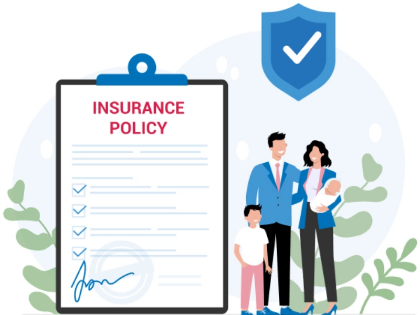
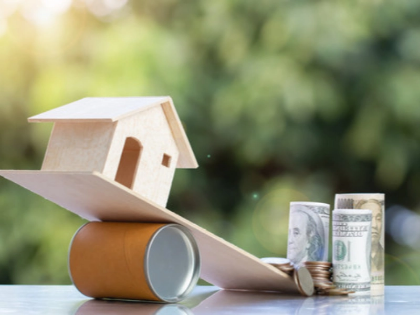

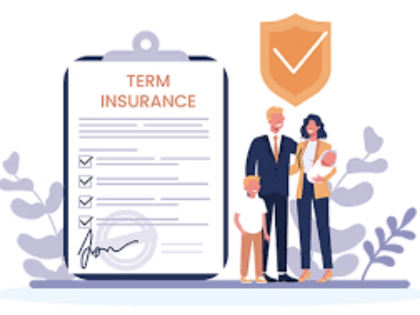
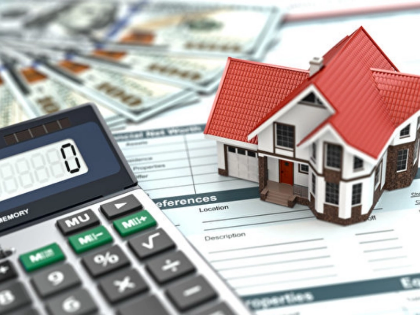
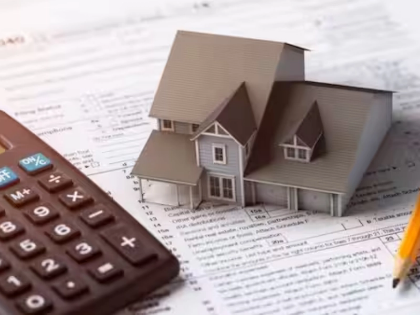
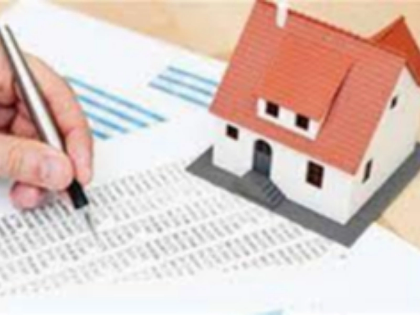



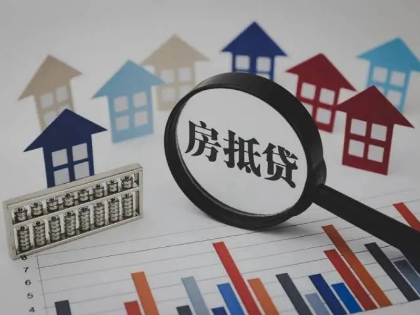
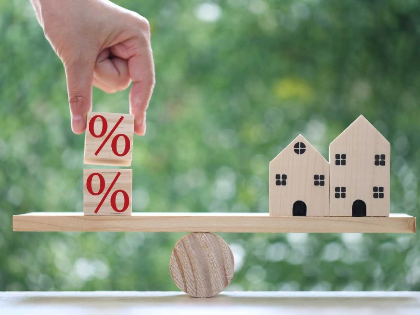
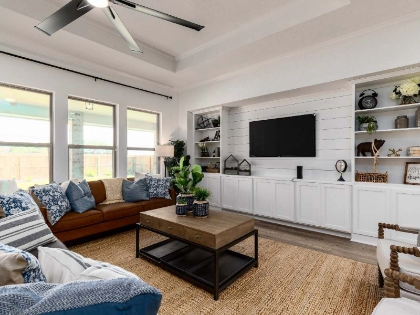

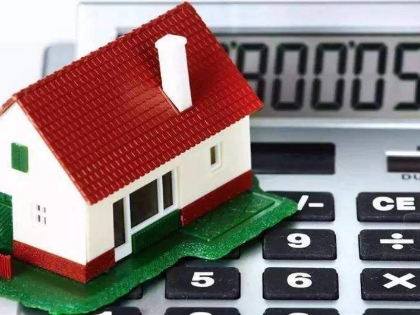
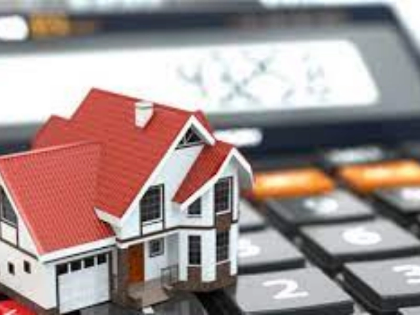

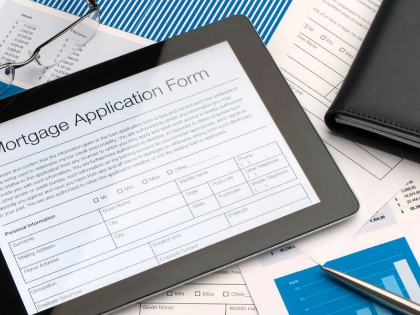
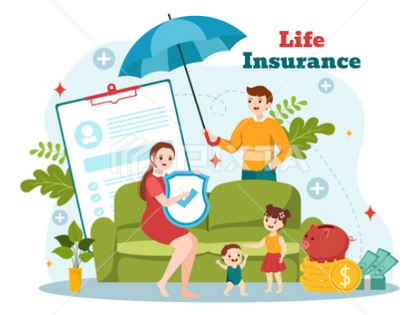

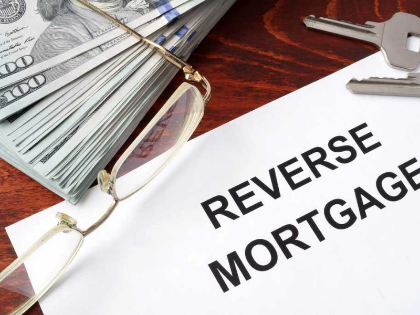
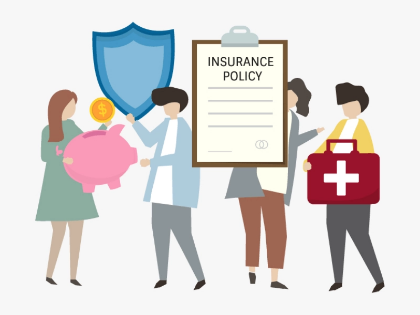


Syntax of clarity throughout.
Could fuel a metrics dashboard.
Leaves space for dialogue—let’s fill it.
Friendly to progressive enhancement.